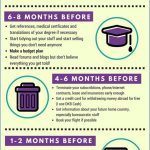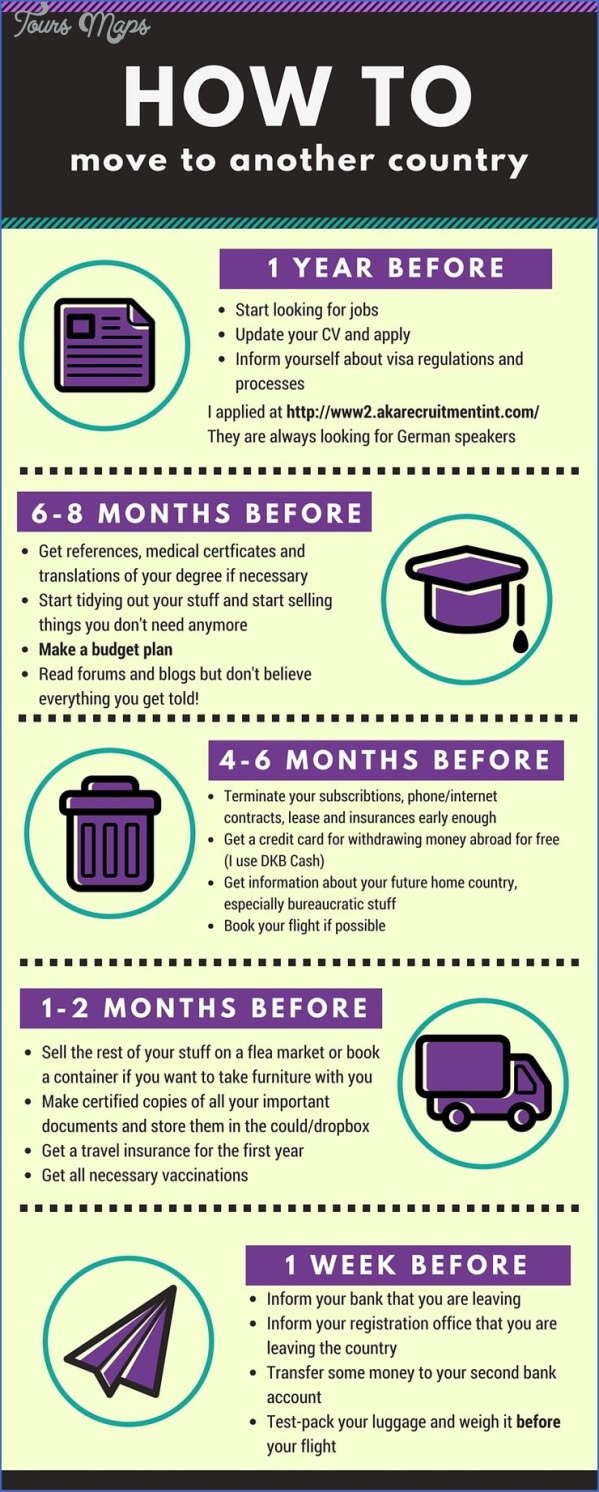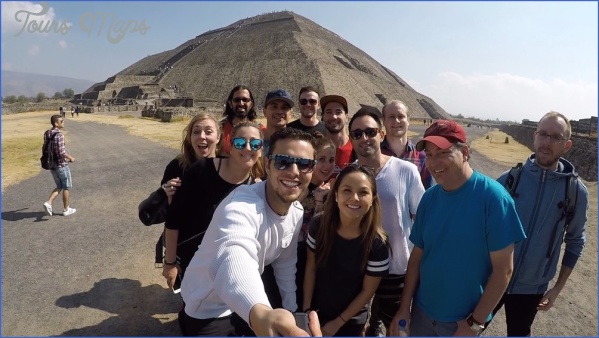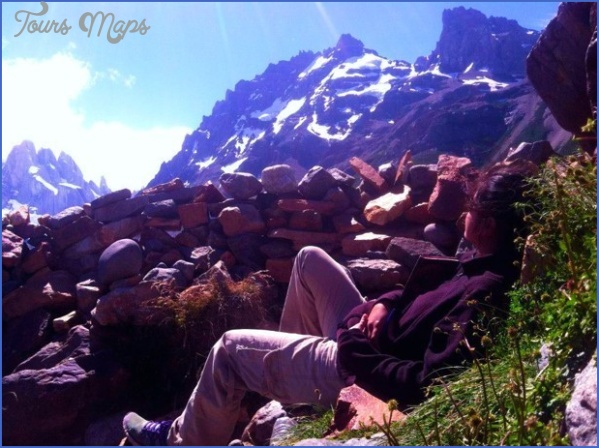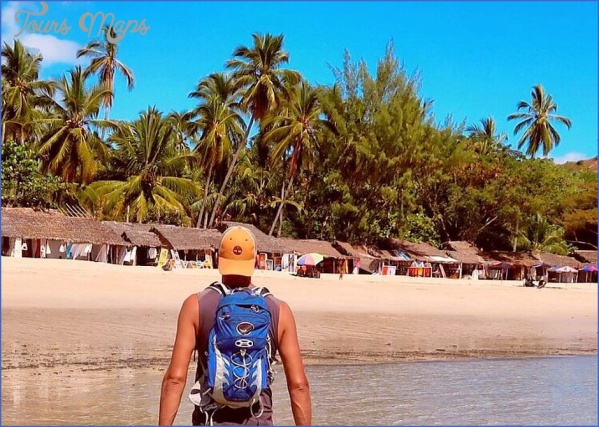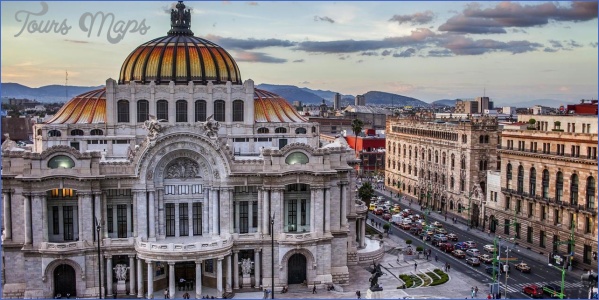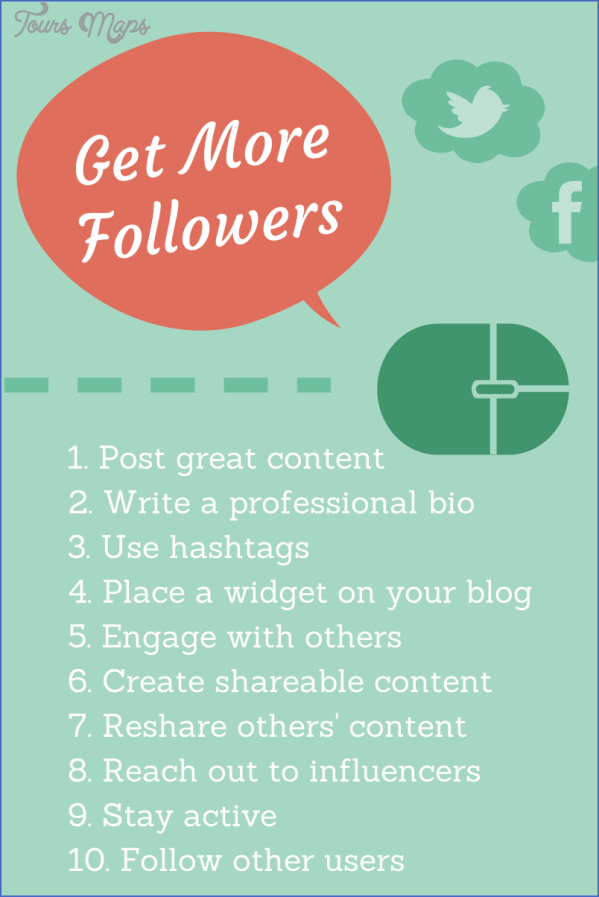You Have Two Months to Define the Experience Travel
I remember the surreal exhilaration as I took that first step onto Danish soil. Even as a veteran traveler I still couldn’t help but feel a bit like Neil Armstrong as he stepped out from the lunar lander into the unknown. For me, it was the start of a two-year full degree program at the University of Copenhagen and a radical change from my lifestyle over the previous three years spent working nine to five in the mergers and acquisitions industry.
I was incredibly excited but also positively terrified. At the time it was all a bit overwhelming but, as I look back, it was one of the best experiences of my life. It was a major learning lesson where I made missteps and could have done some things better. Overall though, I made a lot of great decisions and have relatively few regrets. Every bit as significant, I learned something very important about how we live our lives and how rapidly we adapt to new opportunities.
Over the past few years, I’ve worked with a lot of international students and expats who have been engaged in a variety of different programs which range from semester exchanges and multi-year full degree programs to expat relocations. In so doing I’ve noticed a couple of trends which are deeply ingrained in human behavior which can do a lot to shape how much a person gets out of their international experience. Chief among these is tied to their behavior during the early-arrival period and how they form their daily routines.
These lessons are most easily recognized and relevant in the beginning, but the lesson can be applied to any time we uproot from one heavily entrenched and established environment and find ourselves transplanted into a completely new one.
You Have Two Months to Define the Experience Travel Photo Gallery
Simply put, if you want to get a lot out of the experience, there are a few basic things you have to do during the stage immediately after you start/arrive. This period of flexibility and opportunity is fleeting and lasts somewhere in the neighborhood of a couple of weeks to at most two months. How long depends a lot on personal adaptability and connections to the familiar. The individuals that really dive in and make themselves take action have an experience with few regrets and a much richer sense of fulfillment than those who don’t.
Even the most spontaneous of us is still a creature of habit. Some studies have shown that our daily activities can be predicted with ninety-three percent certainty and that we typically don’t travel beyond a six-mile radius except on special occasions. These routines are very rarely disrupted, but when they are, it usually doesn’t take long for us to replace them with new ones.
The opportunity to relocate from one country to another is one of the most extreme and unusual breaks in our daily routine we’ll ever experience. This is part of what makes the experience so scary but, it is also an incredible opportunity, particularly if we go into it aware that within a relatively short period of time we’ll have re-established our new routine and be back on a normal schedule.
One of the biggest regrets from students at the end of their study abroad period is that they didn’t see and do more. Almost without fail they express disbelief that they didn’t make it to key sites, discover favorite locations, or participate fully in a lot of rewarding activities until the very end of their experience when things were rushed and the impending weight of their return home inescapable. While this is almost unavoidable, that departure remorse is much worse for people who failed to push themselves during their first two months.
Why? Because upon arrival, there is a sense of being overwhelmed. After all, it is stressful and exhausting to make new friends, learn a new culture, explore a new city, and attempt to satisfy academic or professional requirements at the same time. It’s very easy during this period to seek out things that are familiar and comfortable. For many, the belief is that they’ll spend the first month or two getting established and building a safe nest, and then, once they’ve built that comfortable base, they’ll set out to explore the city, its events, and venues more completely.
Unfortunately, at that point, it almost never happens and is often too late. Once established, that comfortable routine is very difficult to break free of in any significant way. Not because you won’t want to or know you need to, but excuses will always come up, and the day-to-day needs of a regular lifestyle will become all consuming.
As hard as it is, this means that even when exhausted, when feeling homesick, and even if alone and as-yet still friendless, during that first two-month period it’s important to spend every moment and every opportunity trying new things and new places. If you or someone you know is about to engage in a dramatic lifestyle change or relocation, make a deal with yourself for every time you visit a coffee shop or eat a meal at a place you’ve been to before, find and visit two new places.
Thinking you’ll wait until visitors come to visit the tourist stuff around the city? Don’t. It has a habit of not happening, and when visitors arrive, you’ll take them to places you know, not places you haven’t been to. Force yourself to explore, to wander, and to visit the tourist sites and attractions in your first couple of weeks because after that two-month mark hits you will start to form habits and settle in.
Which is fine. One of the best parts of living abroad is the feeling of truly being settled in and starting to integrate into where you live. But, if you haven’t done your research and haven’t explored and experienced a wide selection of what’s available before settling into that routine you’ve effectively gone to a large buffet for lunch, tried the first food that was conveniently available from the buffet, decided it tasted reasonably good, and then eaten that exclusively for the remainder of your meal.
If you follow this advice and hit the ground running while really pushing yourself to get out there, you’re going to have a better feel for the city. You’re also going to meet more people, be exposed to more events, and have much better opportunities than an individual who doesn’t. It is a simple thing, but it is also one of the things you can do that will radically improve your experience.
This is equally relevant for building your social group and identity. Keep in mind that we are always influenced by the people we surround ourselves with. They inspire us. They challenge us and they shape our habits and behaviors. Early on the temptation is to grasp for anyone who is similarly available. The risk, however, is that these individuals will form the basis for your freshly minted social network moving forward and will have a profound impact on the new routines and identity that emerge as you form habits.
Of course, what’s happening at an underlying level can be equally relevant to major life changes such as a divorce or breakup that forces a revisiting of your social network.
As a result, I cannot stress enough how important being aware of these breaks in our long-established routines can be. When you find yourself in or seek out and create one of these opportunities, the clock starts ticking immediately.
Enjoy and embrace the uncertainty, make it your own, discover it, and tackle it head on. You’ll never forgive yourself if you don’t. I just wish I was in your shoes and could do it all again. Not because I’m not happy with how I did it but, because in retrospect, that rush, that sense of discovery, that conquest of the unknown, and that control over reshaping my daily life was an incredible transformative experience.
Maybe You Like Them Too
- Top 10 Islands You Can Buy
- Top 10 Underrated Asian Cities 2023
- Top 10 Reasons Upsizing Will Be a Huge Travel Trend
- Top 10 Scuba Diving Destinations
- World’s 10 Best Places To Visit

